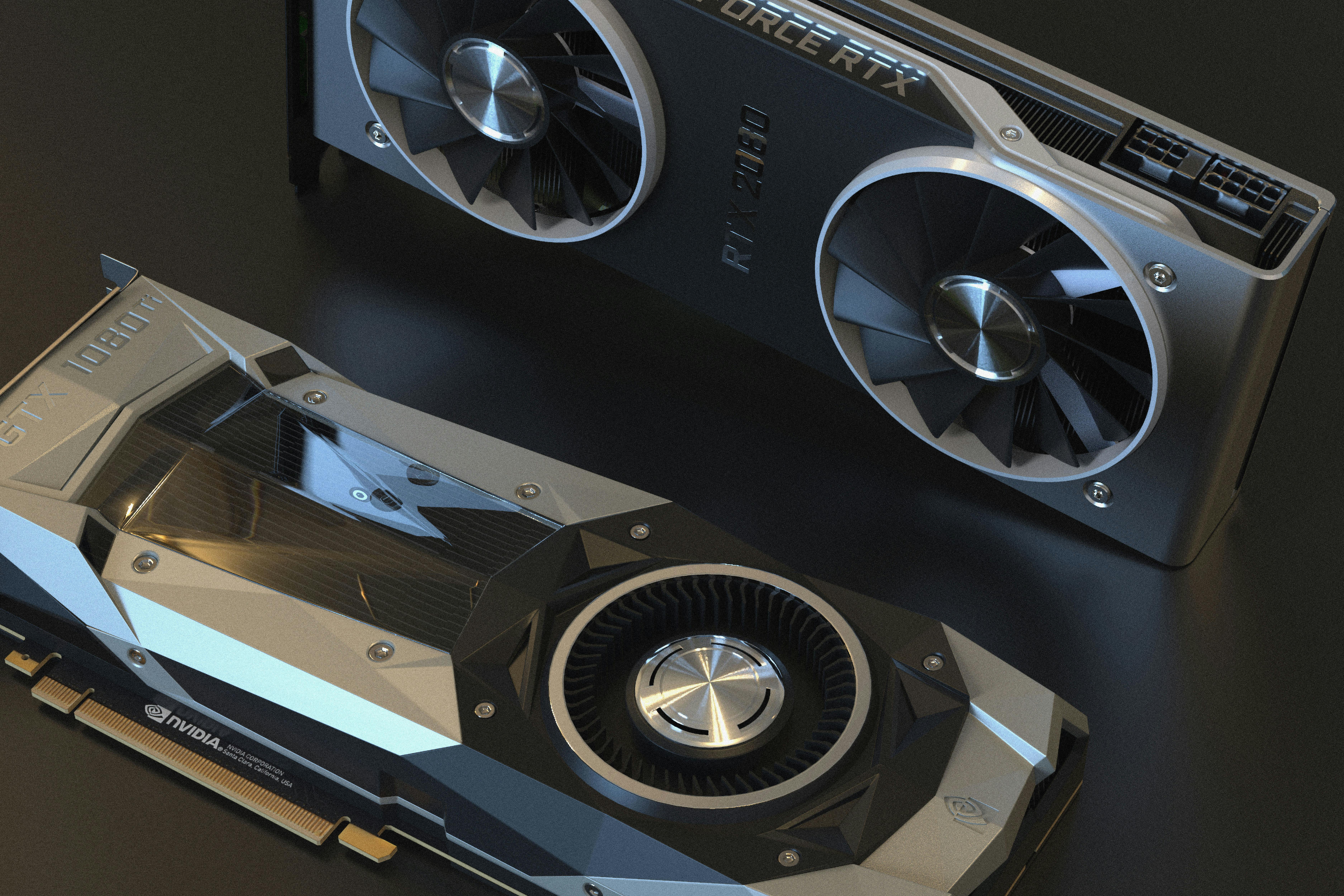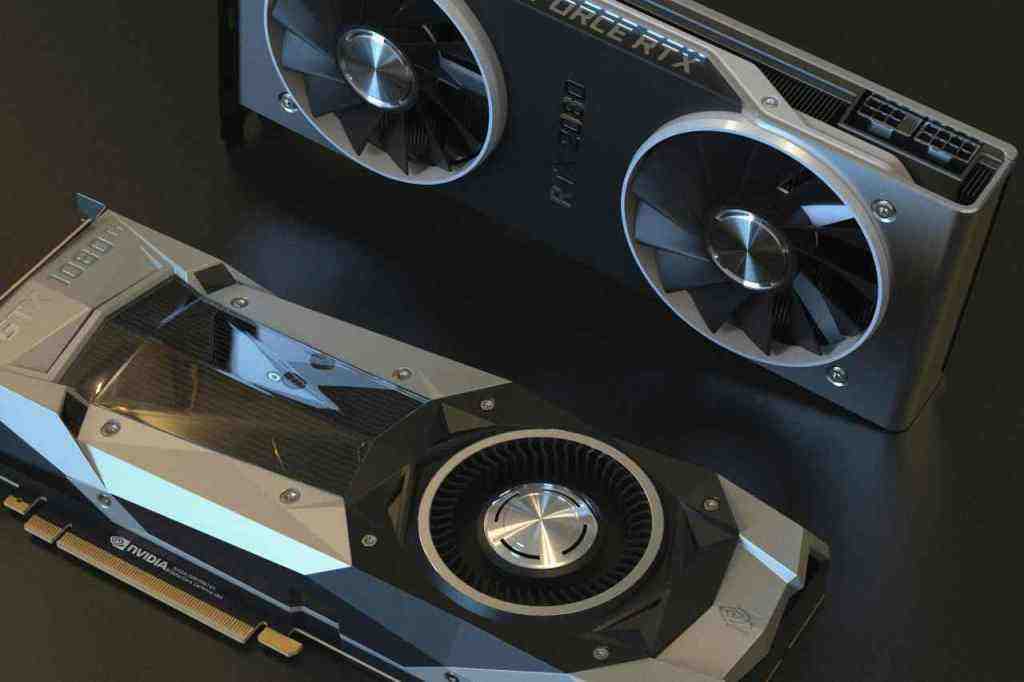The AI Agent Revolution: How Intelligent Agents Are Poised to Dominate the Ethereum Network

Imagine a world where software agents, powered by artificial intelligence, can autonomously manage your finances, execute complex trades, and even interact with the digital world on your behalf. This isn’t science fiction anymore; it’s the rapidly unfolding reality of AI agents, and their integration with blockchain technology, particularly the Ethereum network, is set to be a game-changer. Developers at Coinbase, a leading cryptocurrency exchange, are even predicting that these intelligent entities will become the most significant power users of the Ethereum blockchain. This seismic shift promises to reshape how we interact with decentralized applications (dApps) and smart contracts, weaving AI-driven processes deeply into the fabric of our digital infrastructure.
The Dawn of Autonomous Operations: Understanding AI Agents
At their core, AI agents are sophisticated software entities designed to make decisions and take actions autonomously. Unlike simple programs that follow rigid instructions, AI agents can perceive their environment, reason about it, learn from their experiences, and adapt their behavior to achieve specific goals. Think of them as intelligent digital assistants, capable of handling complex tasks with minimal human intervention. Their operational needs are substantial, requiring robust computational resources and efficient transaction processing. When interacting with a blockchain like Ethereum, these needs translate into a demand for high throughput, low latency, and cost-effective transactions. The ability of Ethereum to meet these demands will be crucial for the widespread adoption of AI agents.
The concept of AI agents is already making waves in various sectors. In Decentralized Finance (DeFi), these agents are being used for real-time portfolio management, market trend analysis, and executing advanced trading strategies autonomously. They can dynamically shift capital between liquidity pools to maximize returns while minimizing risks. Similarly, in Decentralized Autonomous Organizations (DAOs), AI agents can analyze proposals, identify market trends, and even automate certain governance functions, leading to more efficient and data-driven decision-making. As these agents become more sophisticated, their potential applications are expanding rapidly, touching everything from e-commerce to content creation.
Coinbase’s Vision: AI Agents as Ethereum’s Power Users
Developers at Coinbase have put forth a compelling argument: AI agents are set to become the dominant force in Ethereum’s transaction landscape. This prediction is rooted in the inherent capabilities of AI agents and their potential to leverage Ethereum’s decentralized functionalities. Kevin Leffew and Lincoln Murr, Coinbase developers, highlight the revival of an old internet standard, HTTP 402 (Payment Required), in conjunction with Ethereum Improvement Proposal 3009. This combination allows AI agents to autonomously make stablecoin payments, transforming e-commerce and other services by enabling direct, human-free transactions. Coinbase has already implemented this through its open-source “x402 payments protocol,” effectively turning APIs into wallet-aware services that can process payments instantly, much like a vending machine. This means AI agents can pay for API access, storage, or computational power without human oversight, potentially driving a massive increase in network activity and demand for Ether (ETH).
The appeal of Ethereum for AI agents lies in its trustless settlement system, which eliminates the delays and complexities associated with traditional invoicing and dispute resolution. Ethereum’s composable wallets and programmable policies provide the necessary infrastructure for these autonomous entities to operate efficiently. As these agents begin to handle payments and manage assets on the network, they could indeed become Ethereum’s “biggest power users,” pushing blockchain technology further into the mainstream. This integration could enable everything from self-driving taxis paying for their own charging stations to AI models autonomously purchasing data for content generation.. Find out more about AI agents Ethereum network.
Ethereum’s Infrastructure: Built for the AI Economy
Ethereum’s extensive smart contract capabilities and its mature developer ecosystem make it a natural fit for AI agent operations. Smart contracts, self-executing agreements with terms written directly into code, can automate complex workflows and facilitate trustless interactions, which are essential for AI agents. The network’s ongoing upgrades, such as the transition to Proof-of-Stake and the planned implementation of sharding, are aimed at enhancing scalability and reducing transaction costs. These improvements are critical for supporting the resource-intensive demands of AI agents. Furthermore, Ethereum’s decentralized nature provides a secure and transparent environment for these agents to operate within.
To address the potential strain on the network from a high volume of AI agent transactions, Layer 2 scaling solutions like optimistic rollups and zero-knowledge rollups are becoming increasingly important. These solutions process transactions off-chain, bundling them into a single transaction on the main Ethereum chain, thereby increasing throughput and reducing costs. AI agents will likely leverage these scaling solutions to operate efficiently and cost-effectively. The role of oracles is also paramount, as AI agents often need access to real-world data not natively available on the blockchain. Reliable oracle networks, such as Chainlink, provide this crucial data, ensuring the integrity of AI-driven decisions.
Projected Use Cases: Transforming Industries with AI Agents on Ethereum
The potential use cases for AI agents on Ethereum are vast and varied, promising to revolutionize multiple sectors:
- Decentralized Finance (DeFi): AI agents can manage portfolios, execute complex trading strategies, optimize yield farming, and provide automated financial advice. They can continuously monitor DeFi protocols, identify arbitrage opportunities, and execute trades with minimal latency, offering a significant advantage in the fast-paced DeFi environment. Projects like Yearn Finance already leverage AI for automated yield farming, maximizing user returns.. Find out more about Coinbase developers AI agents Ethereum guide.
- Non-Fungible Tokens (NFTs): AI agents can be employed for NFT market analysis, automated bidding, and even the generation of new digital art. They can help collectors identify undervalued assets or automate the process of acquiring desired NFTs.
- Decentralized Autonomous Organizations (DAOs): AI agents can streamline DAO operations by analyzing proposals, identifying market trends, and automating governance functions. This leads to more efficient, data-driven, and responsive DAOs, enhancing their ability to achieve objectives and adapt to changing environments.
- Supply Chain Management: AI agents can optimize processes, track shipments, manage inventory, and automate payments, bringing greater transparency and efficiency to supply chains.
- Gaming: AI agents can create more dynamic and interactive gaming experiences, manage in-game economies, and even participate in decentralized gaming governance.
These examples illustrate how AI agents can drive significant innovation and adoption on the Ethereum blockchain, optimizing processes and creating novel forms of interaction.
Navigating the Challenges and Embracing the Opportunities
While the potential for AI agents on Ethereum is immense, several challenges need to be addressed. Ensuring the security and reliability of AI agents operating on-chain is paramount. AI agents themselves must be robust against adversarial attacks, such as data poisoning or manipulation of their decision-making processes. Furthermore, the smart contracts they interact with must be rigorously audited and secured to prevent vulnerabilities. Secure key management for AI agents is also critical. The complexity of AI agents introduces new attack vectors that require careful consideration and mitigation strategies, such as sandboxing, on-chain logging, and real-time monitoring with manual intervention capabilities.. Find out more about AI agents blockchain integration tips.
Ethical considerations and governance are also crucial. How will decisions made by AI agents be overseen? What happens if an AI agent makes a mistake or acts maliciously? Establishing clear lines of accountability and developing mechanisms for human oversight are essential. Ensuring that AI agents operate fairly and without bias is another key ethical challenge. The development of transparent and auditable AI models, along with community-driven governance mechanisms for AI agents, will be vital for responsible adoption. The emergence of frameworks like ETHOS, a decentralized governance model for AI agents, aims to address these complex issues.
The Economic Ripple Effect and Future Outlook
The prospect of AI agents becoming the largest users of the Ethereum network carries significant economic implications. Increased network activity driven by AI agents could lead to higher demand for Ether (ETH), potentially impacting its value. Transaction fees may also be influenced by network congestion, necessitating further scalability solutions. The development of specialized infrastructure and services to support AI agent interactions with the blockchain is likely to create new economic opportunities within the crypto and AI industries. The economic viability of AI agent operations will depend on the network’s ability to scale and keep gas fees manageable, making Ethereum’s ongoing scalability roadmap directly relevant to AI agent adoption.
The integration of AI agents into the Ethereum ecosystem represents a forward-looking trend with the potential to redefine the landscape of decentralized computing. As AI capabilities continue to advance and blockchain technology matures, the synergy between these two powerful forces is likely to grow. The insights from Coinbase developers suggest that this integration is not a distant possibility but a developing reality. Continued monitoring of this trend is essential for understanding the future trajectory of both AI and blockchain, as well as their combined impact on various industries and the broader digital economy. The evolution of AI agents as major Ethereum users will undoubtedly be a story worth following closely, promising a future where intelligent automation and decentralized systems work in concert to create a more efficient and intelligent digital world.
Key Takeaways:
- AI agents are sophisticated software entities capable of autonomous decision-making and action.. Find out more about AI agents decentralized finance strategies.
- Coinbase developers predict AI agents will become the largest power users of the Ethereum network.
- Ethereum’s smart contract capabilities, scalability solutions (like Layer 2s), and trustless settlement system make it ideal for AI agents.
- Potential use cases span DeFi, NFTs, DAOs, supply chain management, and gaming.
- Challenges include security, ethical considerations, and governance, which require robust solutions and frameworks.
- The economic implications include increased demand for ETH and the development of new infrastructure and services.
The future of decentralized computing is being written by AI agents on the Ethereum network. As these intelligent systems become more integrated, they promise to unlock unprecedented levels of automation, efficiency, and innovation across the digital landscape. Are you ready for the AI-powered future of blockchain?
